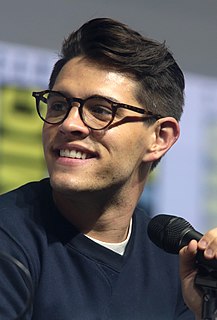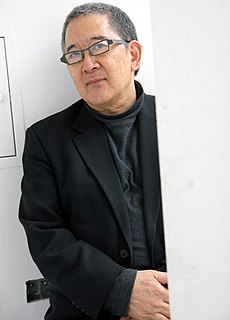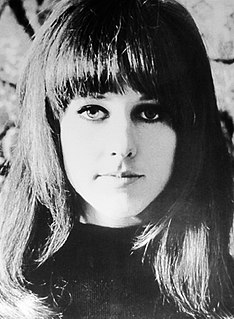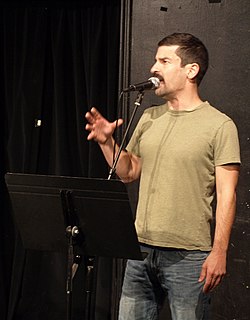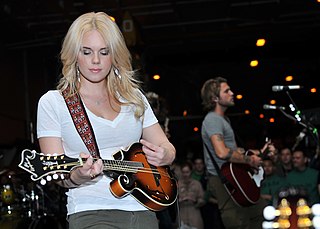A Quote by Cole Sprouse
If we were writing what the fans wanted to see, Betty and Jughead would be the most linear, monotonous narrative of all time.
Related Quotes
I guess the wildcard here is Terrence Malick. He supervised me while I was writing the script for Beautiful Country, and he is a genius, although not always easy to follow. What I learned from him is that the narrative can be tracked through all kinds of scenes, that the strong narrative thread is not always the one that is most obvious. Creating narrative with Malick was a bit like chasing a butterfly through a jungle. This approach to narrative is fun and complicated, something that makes the process of writing constantly interesting to this writer.
I think I've had pretty good experiences for the most part with the people who have directed my screenplays. It's more that I wanted to see what it would be like if I didn't have to collaborate with anybody, to have a sense of purity of the thing from beginning to end. I liked doing it. It's really different from writing. Directing is a more pragmatic experience, where you have to deal with the restrictions of time and money that force you to make certain decisions you don't have to make when you're writing.
What's disappointing about @usopengolf is the fans not being about to walk around the course/get close enough to most of the greens to cheer. Fans are having a hard time walking the course. They can barely see anything from outside the ropes. I would be pissed if I paid a lot of money for tickets and could barely see the top players hit golf shots.
I have a hard time writing. Most writers have a hard time writing. I have a harder time than most because I'm lazier than most. [...] The other problem I have is fear of writing. The act of writing puts you in confrontation with yourself, which is why I think writers assiduously avoid writing. [...] Not writing is more of a psychological problem than a writing problem. All the time I'm not writing I feel like a criminal. [...] It's horrible to feel felonious every second of the day. Especially when it goes on for years. It's much more relaxing actually to work.

